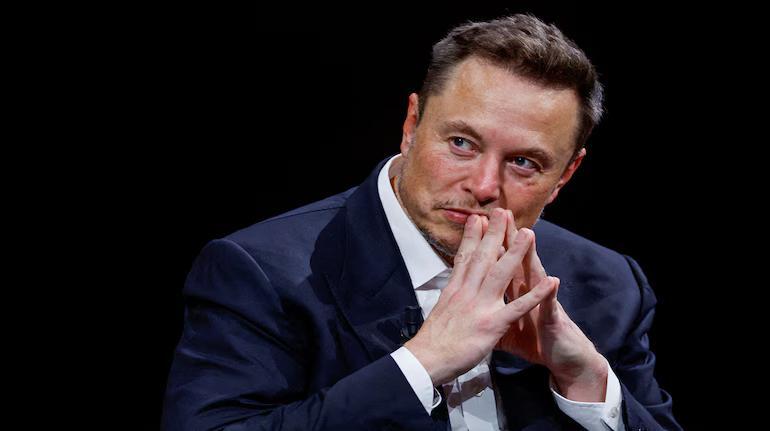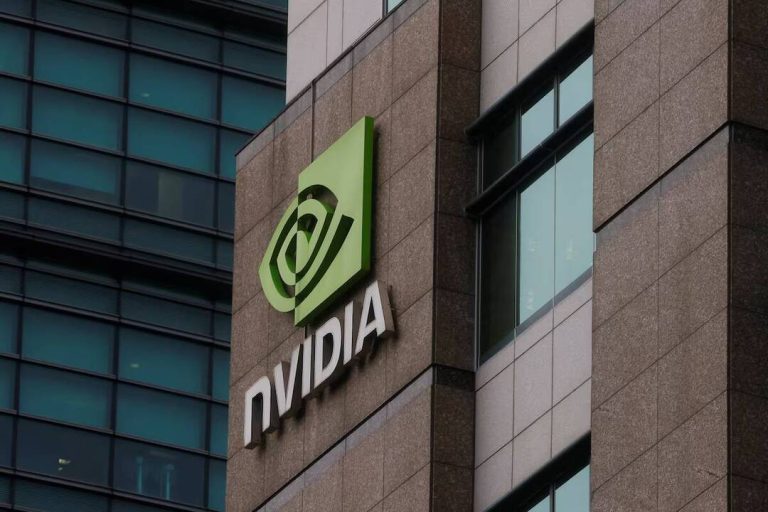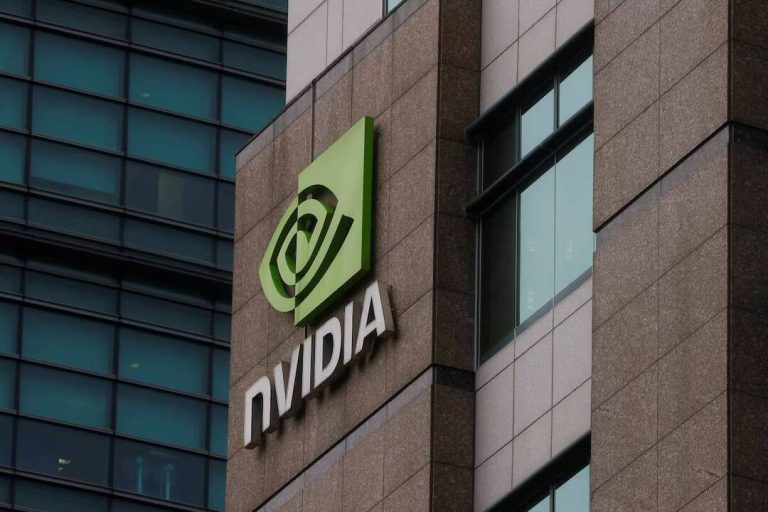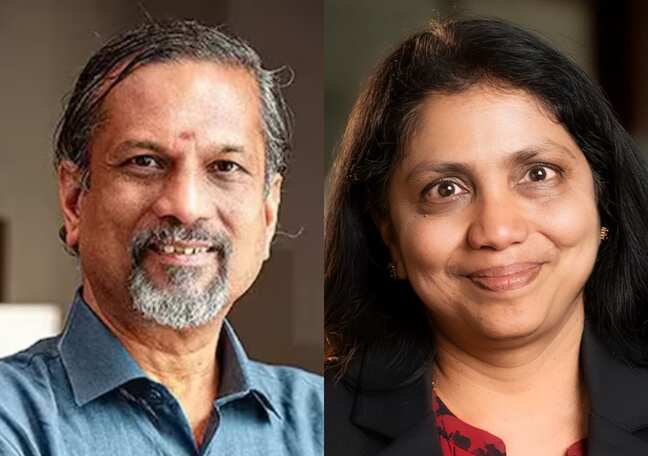
Poverty an engineering issue, AI & humanoid robots will end it: Musk
The world has been grappling with the issue of poverty for centuries, and despite the best efforts of governments, NGOs, and individuals, it remains a pervasive problem. However, billionaire and xAI CEO Elon Musk has a unique perspective on the matter. According to him, poverty is not a social or economic issue, but rather an engineering problem that can be solved with the help of artificial intelligence (AI) and humanoid robots.
Musk expressed his views on the matter at the US-Saudi Investment Forum, where he stated that AI and robotics are the key to eliminating poverty and making everyone wealthy. He believes that as these technologies advance, money will eventually stop being relevant in the future. This may seem like a radical idea, but Musk is confident that it is the only way to create a world where everyone has access to the resources they need to thrive.
So, how do Musk and other experts think that AI and humanoid robots can help eliminate poverty? The answer lies in the potential of these technologies to increase productivity and efficiency in various sectors, particularly in manufacturing and healthcare. With the help of AI and robots, businesses can automate many tasks, reducing the need for human labor and increasing output. This can lead to lower costs, higher profits, and ultimately, higher standards of living for people around the world.
Moreover, AI and humanoid robots can also help address some of the root causes of poverty, such as lack of access to education and healthcare. For example, AI-powered educational platforms can provide high-quality learning materials and instruction to people in remote or underserved areas, helping to bridge the knowledge gap and create more opportunities for economic mobility. Similarly, humanoid robots can assist in healthcare settings, providing medical care and support to people who may not have access to human doctors and nurses.
Another area where AI and humanoid robots can make a significant impact is in the field of sustainable energy and resource management. As the world transitions to renewable energy sources and more efficient systems, AI and robots can help optimize energy production and distribution, reducing waste and increasing access to clean energy for people around the world. This can have a major impact on poverty, as energy poverty is a significant problem in many developing countries, where people may not have access to reliable and affordable energy sources.
Musk’s vision for a future where AI and humanoid robots have eliminated poverty is certainly an exciting one, but it also raises important questions about the potential risks and challenges associated with these technologies. For example, as AI and robots become more advanced, there is a risk that they could displace human workers, particularly in sectors where tasks are repetitive or can be easily automated. This could lead to significant social and economic disruption, particularly if the benefits of technological progress are not shared fairly among all members of society.
Furthermore, there are also concerns about the potential for AI and humanoid robots to exacerbate existing social and economic inequalities. For example, if only a small elite has access to these technologies, they may be able to accumulate even more wealth and power, leaving behind those who are already disadvantaged. This could lead to a widening of the gap between the rich and the poor, rather than a reduction in poverty.
Despite these challenges, Musk remains optimistic about the potential of AI and humanoid robots to eliminate poverty and create a more equitable society. He believes that these technologies have the potential to create new opportunities for economic mobility and to reduce the drudgery and hardship associated with poverty. Moreover, he thinks that the benefits of technological progress can be shared fairly among all members of society, if we design our economic and social systems in a way that prioritizes human well-being and dignity.
In conclusion, Elon Musk’s idea that poverty is an engineering issue that can be solved with the help of AI and humanoid robots is a thought-provoking one. While there are certainly challenges and risks associated with these technologies, they also have the potential to create a more prosperous and equitable society. As we move forward into a future where AI and robots are increasingly prominent, it is essential that we prioritize human well-being and dignity, and ensure that the benefits of technological progress are shared fairly among all members of society.





